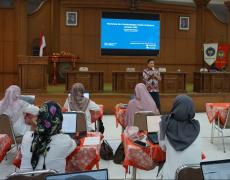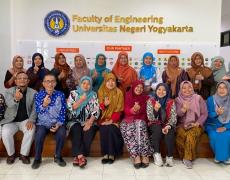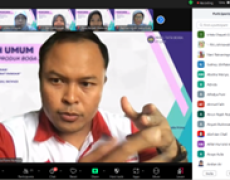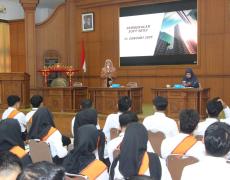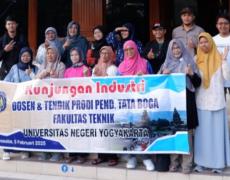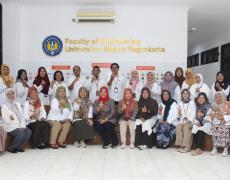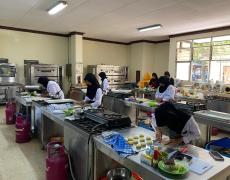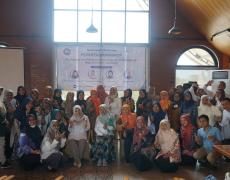Fakultas Teknik Kampus Karangmalang, Yogyakarta, 55281
You are here
Learning Outcomes
Primary tabs
Bachelor of Education in Culinary Technology UNY formulated the programme learning outcomes (PLO) based on government policy, vision and mission of the university and degree programme, and feedback from stakeholders. In general, PLOs cover domains: attitude, knowledge, specific skills, generic skills and additional competency which are specified as follows.
ATTITUDE
a. Being devoted to God Almighty and showing a religious attitude;
b. Upholding human values in carrying out duties based on religion, morals and ethics;
c. Internalizing academic values, norms, and ethics;
d. Acting as citizens who are proud and love the country and having nationalism and a sense of responsibility to the state and nation;
e. Respect the diversity of cultures, views, religions and beliefs, as well as the original opinions or findings of others;
f. Contributing to improving the quality of life in society, nation, state, and advancement of civilization based on Pancasila;
g. Work together and have social sensitivity and care for the community and the environment;
h. Obeying the law and discipline in public and state life;
i. Internalizing the spirit of independence, struggle and entrepreneurship;
j. Demonstrating an attitude of responsibility for work in the field of culinary education independently.
KNOWLEDGE
a. Understand the philosophical, juridical, historical, sociological, psychological, and empirical foundations of education;
b. Understand the concepts, instrumentation, and practice of educational psychology;
c. Mastering learning and learning theory and learning media;
d. Mastering the objectives, content, learning experience, and assessment in the educational unit curriculum;
e. Mastering the concepts and various methods of food and beverage processing (cookery, pastry, beverage);
f. Arrange menus based on needs and goals;
g. Mastering the concept of processing and serving food and beverages;
h. Mastering innovation and creativity in food processing and serving;
i. Designing business concepts in the Catering sector.
SPECIAL SKILLS
a. Identifying the characteristics of students from physical, psychological, social, and cultural aspects for the benefit of learning;
b. Providing services to students according to their characteristics;
c. Developing the potential of students optimally;
d. Selecting and apply learning approaches and models, teaching materials, and assessments for learning purposes;
e. Applying information and communication technology (ICT) in planning, implementing, and evaluating learning processes and outcomes;
f. Improving the quality of learning based on process assessment and assessment of learning outcomes;
g. Developing a learning environment that is safe, fun, and encourages students to be creative;
h. Developing a curriculum in accordance with the field of Catering;
i. Managing the curriculum at the level of the Catering education unit;
j. Implementing a variety of food processing in accordance with the principles of food processing;
k. Analyzing nutritional needs for a healthy menu;
l. Creating food product innovation and creativity;
m. Creating and developing various businesses in the catering sector.
GENERAL SKILLS
a. Applying logical, critical, systematic, and innovative thinking in the context of developing or implementing the culinary field;
b. Compiling scientific studies in the framework of scientific development of culinary education that is worthy of publication;
c. Making the right decisions in the context of solving problems in the field of culinary education based on the results of the study;
d. Managing learning independently, develop and maintain networks with mentors, colleagues, peers both inside and outside the institution.
Album
Contact us
Copyright © 2025,

